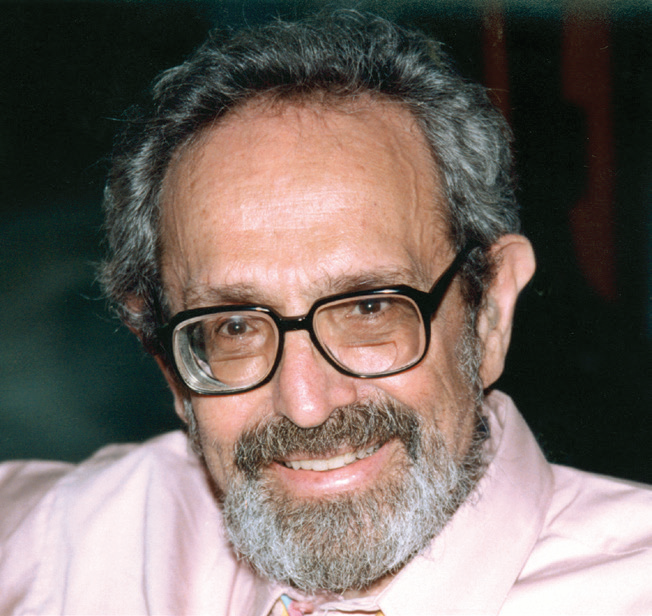The Marmur Symposium is the premiere Graduate Division event of the year, highlighting the research contributions of our students. Named after Dr. Julius Marmur, this award celebration honors, his lifelong contribution to DNA structure and yeast genetics and his commitment to graduate education are celebrated annually by the Marmur Research Awards. Julius Marmur was a member of the Einstein faculty for thirty-three years.
Marmur Awardees present their work to the Einstein community including faculty, students, and invited applicants that have been accepted to the PhD program. The awardee presentations are followed by a campus-wide poster session, in which current graduate students showcase the exciting research taking place at Einstein.
Date: Monday, March 21, 2022
Time: 12:00 pm
Hosted via Zoom
View 2022 Awardees
About Dr. Julius Marmur
 Julius Marmur is remembered today as one of the founding fathers of molecular biology and for his enthusiasm and dedication to education.
Julius Marmur is remembered today as one of the founding fathers of molecular biology and for his enthusiasm and dedication to education.
He developed the first method to isolate highly purified and high quality DNA. He was involved in the definitive experiments demonstrating the hybridization of DNA strands and the physical characteristics of DNA annealing. His lifelong commitments to DNA structure, yeast genetics and graduate education are celebrated annually by the Marmur Research Awards. Julius Marmur was a member of the Einstein faculty for thirty-three years.
Born in Poland and educated in Canada, Dr. Marmur moved from McGill University in Canada, to Iowa State, followed by short stays at the NIH, Rockefeller University and the Pasteur Institute in Paris. At Harvard, he collaborated with Paul Doty and Carl L. Schildkraut (currently Professor of Cell Biology here at Einstein) to generate technologies to manipulate and study DNA structure and function. The techniques that Marmur developed emerged as some of the most powerful methods for the study of modern microbial genetics. He and his colleagues developed the cesium chloride gradient method to separate small circular DNAs from genomic DNA. He defined the characteristics of DNA strand separation, renaturation and hybridization. After Harvard, he moved to Brandeis and then to Einstein, as a Professor in the Departments of Biochemistry and Genetics. At Einstein, he pioneered the use of yeast as an organism for genetic and biochemical studies.
Julius Marmur had many additional responsibilities, professional, civic and personal. He was an enthusiastic and dedicated teacher, with a deep concern for the welfare and education of his students. He was always available to help students with scientific problems. He would have been particularly pleased to see his name associated with a prize for the most promising young scientists at the Graduate School to which he dedicated so much of his life.
Previous Julius Marmur Symposiums